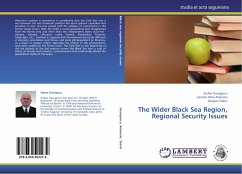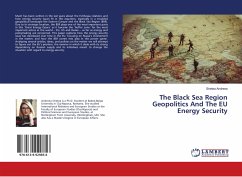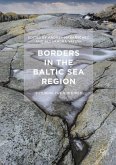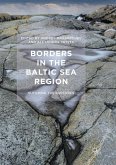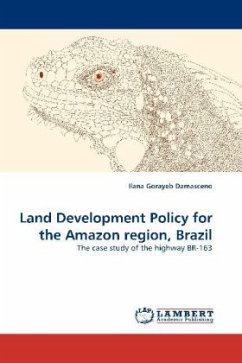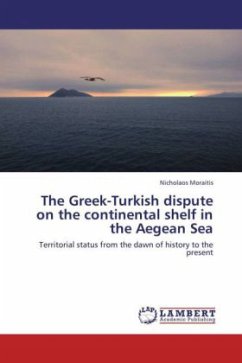Historians opinion is unanimous in considering that the Cold War was a war between the two dominant political and social systems: capitalism and socialism. In fact, this war ended with the collapse of communism in the former Soviet Union. With the USSR a crucial geopolitical pole disappeared from the Pontic area and more than ten independent states occurred - Ukraine, Georgia, Lithuania, Latvia, Estonia, Kazakhstan, Armenia, Azerbaijan, etc. - involved in regional and international structures different in interests, orientations and forces, and some still dependent on Moscow, to a lesser or greater extent. Naturally, the effects of this phenomenon have been passed on the Pontic basin. The Cold War at the beginning of the last decade of the last century turned the Black Sea into a sum of states, of threats and interests, a phenomenon that profoundly altered the geopolitical reality of this space.
Bitte wählen Sie Ihr Anliegen aus.
Rechnungen
Retourenschein anfordern
Bestellstatus
Storno

